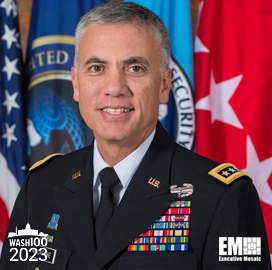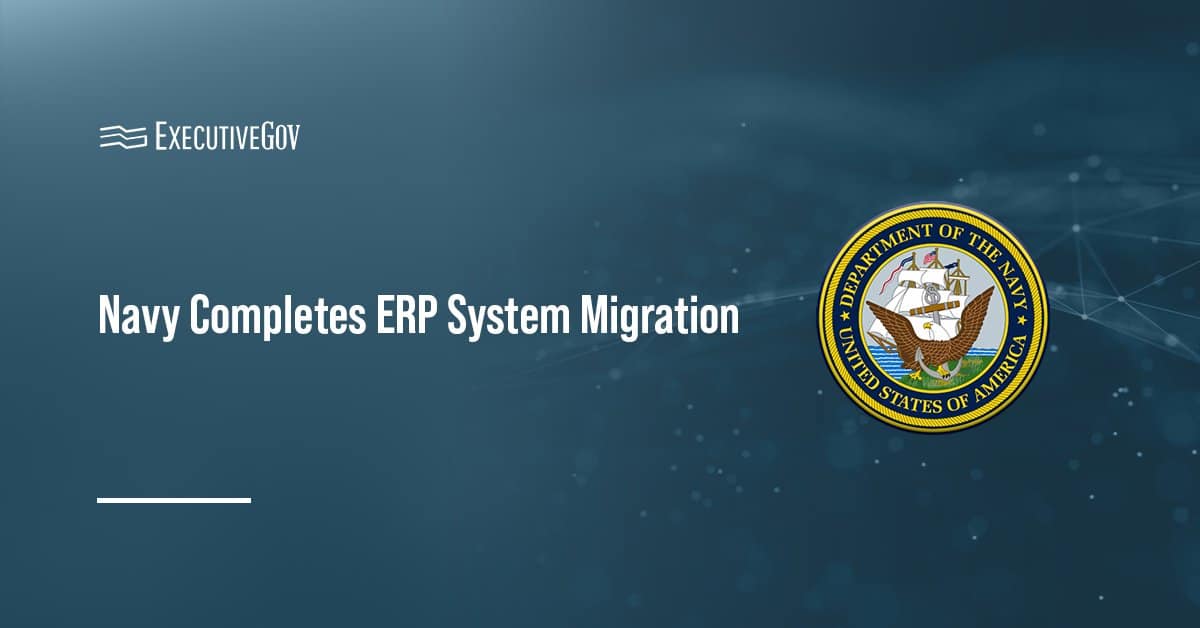Gen. Paul Nakasone, commander of U.S. Cyber Command and a 2023 Wash100 awardee, revealed that “persistent engagement” is Cybercom’s strategic approach to operate in a challenging strategic environment, DOD News reported Tuesday.
He highlighted the importance of alignment with partners across the joint force and the private sector to address security challenges in the cyber domain.
“In this environment, the winners will be those that can set conditions for dynamic collaboration, that enable understanding and action,” he said Tuesday at a conference.
“Our desired end state is an end state of a unity of effort,” said Nakasone, who also serves as director of the National Security Agency and head of the Central Security Service. “This is an intangible competitive advantage.”





